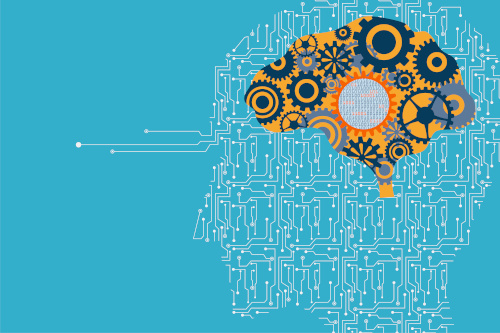We live in the age of information. Thanks to the internet, we now have all the world’s knowledge at our fingertips. Just think about it: Cooking, philosophy, engineering, literature–anything you could possibly imagine can likely be found using a simple Google search.
It’s pretty astounding when you take the time to consider it. Of course, many of us have learned the hard way that not everything you find online is reliable or true.
This presents educators with a difficult problem. The internet is an inescapable part of our students’ lives. As they grow, students will turn to online resources to help them navigate their education and build upon what they’ve learned. Yet, at the same time, it’s human nature to focus on information that reinforces our preexisting worldview, and many of us passively ingest all kinds of media while browsing social apps.
So, how do we teach our students to be responsible consumers of information?
Avoiding the TRAAP
Developing information literacy is not something that happens overnight. There are many branches to the subject, and like most things, it takes practice before students get adept at recognizing misinformation.

:max_bytes(150000):strip_icc()/Health-GettyImages-1342980570-80531d9053c343799c89a6dbe9fcb768.jpg)



